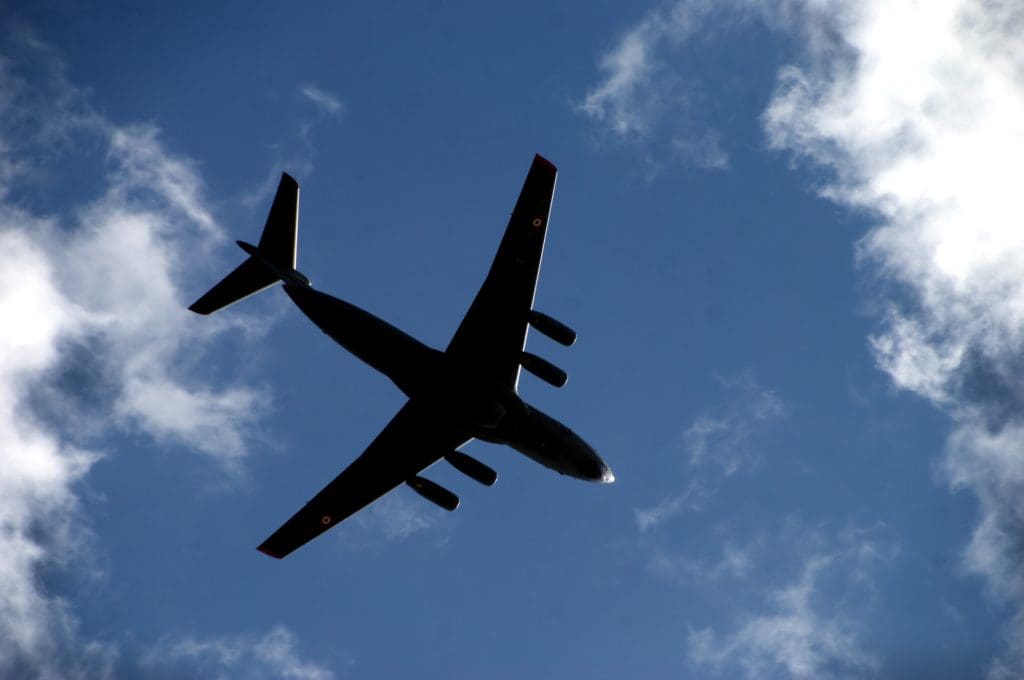MacDill Air Force Base, located in Tampa, Florida, is a key military installation that plays a vital role in military strategy and global operations. As the headquarters of the United States Central Command (CENTCOM) and the United States Special Operations Command (SOCOM), MacDill AFB serves as a significant center for planning and executing crucial military missions around the world. Let’s delve deeper into the base’s role and its impact on global security.
MacDill AFB was established in 1939 and named after Colonel Leslie MacDill, a World War I aviator who lost his life during a mid-air collision in 1938. Over the decades, it has undergone significant transformations to meet the evolving needs of the military.
One of MacDill’s primary responsibilities is supporting CENTCOM, the unified command responsible for operations in the Middle East, North Africa, and Central Asia. CENTCOM plays a crucial role in maintaining regional stability, combating terrorism, and protecting vital U.S. interests. With its strong infrastructure and extensive resources, MacDill AFB provides a strategic location for CENTCOM to plan and execute military operations in this critical region.
Additionally, MacDill is also home to SOCOM, which leads the U.S. Special Operations Forces (SOF), including Navy SEALs, Army Rangers, and other elite units. SOCOM is responsible for executing specialized missions in unconventional warfare, counterterrorism, and humanitarian assistance. The proximity of MacDill AFB to various training areas and essential waterways enables SOCOM to enhance its operational readiness and conduct realistic training exercises.
MacDill AFB’s contributions extend beyond its headquarters’ functions. It is also home to the 6th Air Mobility Wing, which operates KC-135 Stratotanker and C-37 Gulfstream aircraft. These aerial refueling and transport capabilities enable the Air Force to project power globally and provide rapid logistical support to forces in the field. The base’s air mobility assets are critical in maintaining the operational tempo of military forces, allowing them to respond swiftly to contingencies worldwide.
Furthermore, MacDill AFB is integral to the Joint Communications Support Element (JCSE), whose mission is to provide deployable and rapidly deployable communication capabilities to joint military forces and federal agencies. JCSE’s highly skilled personnel and cutting-edge technologies ensure seamless and secure communication during military operations and disaster response.
The location of MacDill AFB in Tampa also provides additional advantages. Being situated on the Gulf Coast of Florida, the base has access to a major seaport and commercial airport, facilitating the speedy movement of troops and supplies. Additionally, the area’s favorable year-round weather supports extensive training exercises and enables 24/7 mission readiness.
MacDill AFB demonstrates the United States’ commitment to maintaining peace and security globally. Its role as a crucial hub for CENTCOM and SOCOM showcases the importance of strategic planning and execution in dealing with complex modern challenges. The military personnel stationed at MacDill AFB undergo rigorous training to ensure they are equipped with the skills and knowledge necessary to carry out their duties effectively.
Furthermore, MacDill AFB contributes to the local community, providing employment opportunities and fostering economic growth in the Tampa Bay region. The base’s presence has a positive impact on the local economy, supporting various businesses, service providers, and industries.
In conclusion, MacDill Air Force Base is a vital component of the United States military’s global operations and military strategy. Its role as the headquarters for CENTCOM and SOCOM, along with its air mobility assets and communication capabilities, position MacDill AFB as a significant force multiplier. By supporting military missions worldwide, MacDill AFB plays a crucial role in maintaining peace, stability, and American interests across the globe.




